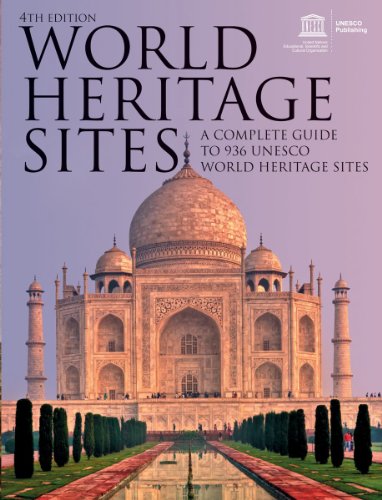Is the Okefenokee National Wildlife Refuge ready to become a UNESCO World Heritage Site? This question has been echoing through conservation circles ever since the Department of the Interior announced its nomination. A bold statement supporting this initiative is that the refuge, located in Georgia, represents one of the most pristine wetland ecosystems in North America, offering unparalleled biodiversity and ecological significance. Its inclusion on the UNESCO World Heritage List would not only highlight its importance but also ensure its preservation for future generations.
The Okefenokee National Wildlife Refuge spans over 400,000 acres and serves as a sanctuary for numerous species, some of which are endangered or threatened. The refuge's diverse habitats include cypress swamps, prairies, and upland forests, creating an intricate web of life that supports countless plants and animals. By nominating this site, the United States aims to recognize its global value and align it with other prestigious locations such as Australia’s Great Barrier Reef and Egypt’s Pyramids. This move underscores the commitment of the National Park Service, which already manages 19 out of the 26 existing U.S. World Heritage Sites, demonstrating their dedication to preserving cultural and natural heritage worldwide.
| Name | Okefenokee National Wildlife Refuge |
|---|---|
| Location | Georgia, USA |
| Established | 1937 |
| Size | 402,000 acres |
| Habitats | Cypress Swamps, Prairies, Upland Forests |
| Key Species | American Alligator, Wood Stork, Red-Cockaded Woodpecker |
| Website | Official Website |
The USA boasts 24 recognized UNESCO World Heritage Sites among the total of 1,121 globally. These sites encompass both cultural landmarks and natural wonders, each chosen for their exceptional universal value. Cahokia Mounds State Historic Site in Illinois exemplifies ancient human achievements, while the towering mounds reflect the sophisticated society that once thrived there. Similarly, the Grand Canyon in Arizona stands as a testament to geological processes spanning millions of years, captivating visitors from around the world. Such designations celebrate humanity’s shared history and environment, encouraging international cooperation in safeguarding these treasures.
UNESCO plays a pivotal role in identifying and protecting these invaluable assets through its educational, scientific, and cultural initiatives. As the United Nations Educational, Scientific and Cultural Organization, UNESCO strives to foster peace by promoting mutual understanding between nations. Their work extends beyond mere recognition; it involves active collaboration with governments, organizations, and communities to manage and preserve these sites effectively. For instance, Canadian sites like Dinosaur Provincial Park and Gros Morne National Park benefit immensely from UNESCO’s support, ensuring their long-term sustainability.
Travel enthusiasts exploring Japan can marvel at its rich tapestry of UNESCO-listed destinations. From historic Kyoto temples to the majestic Mount Fuji, Japan’s portfolio reflects both its vibrant cultural legacy and stunning natural landscapes. Each site tells a story, whether it be the resilience of Hiroshima Peace Memorial or the serene beauty of Shiretoko Peninsula. Visitors gain insights into Japan’s past while appreciating its efforts towards environmental stewardship, making these experiences truly unforgettable.
Beyond individual countries, the concept of World Heritage transcends borders, uniting people under common goals. Sites like Hué in Vietnam, Hatra in Iraq, and Göbekli Tepe in Turkey bear witness to ancient civilizations whose contributions shaped modern societies. Protecting them requires collective action, acknowledging our interconnectedness and responsibility towards safeguarding Earth’s irreplaceable resources. Through continued advocacy and responsible tourism practices, we honor these legacies and inspire future generations to cherish them.
In conclusion, the nomination of Okefenokee National Wildlife Refuge signifies more than just another addition to the UNESCO roster; it symbolizes a renewed commitment to conserving nature’s masterpieces. With ongoing threats posed by climate change and habitat loss, such actions become increasingly vital. Together, let us celebrate these remarkable places, learn from their histories, and strive to protect them for all who call this planet home.



